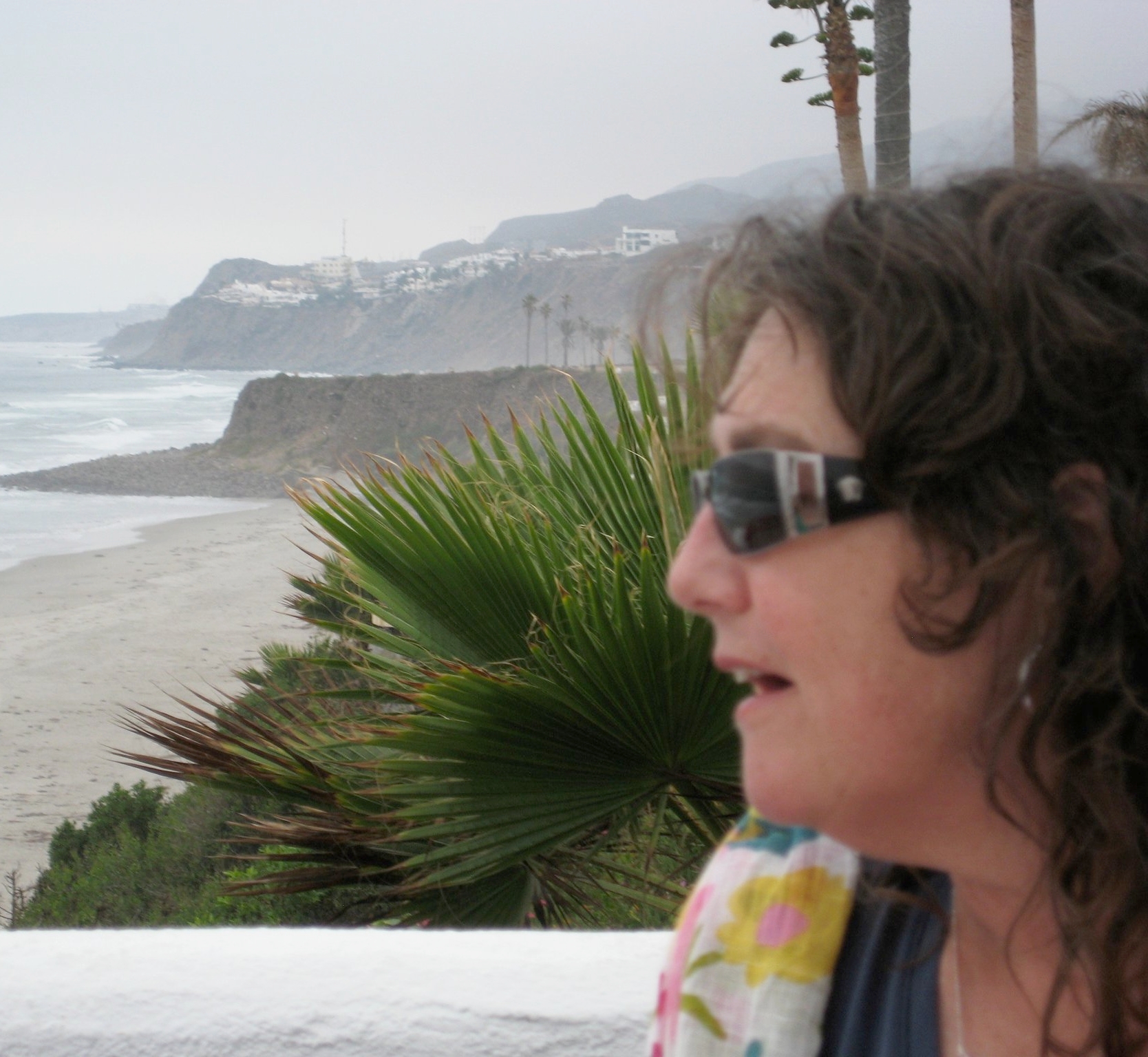from A Place Where One —Barbara Cully
29
What would it take to remain in the body?
30
You mentioned a phrase you particularly loved. From the end of an essay: “Re-entering the normal, unselfconscious stream of life.”
31
In philosophy there is an opening—a posited place—where the internal sense of Being creates a clearing. And in this clearing what matters and who matters show themselves. (This is Heidegger.) A construed, untwisted place where things and people show up as mattering and not mattering. And it’s this kind of clearing that grants a portal (an inkling) into the beings we are and we are not—a sort of passageway or pictogram. Moreover, this background, a kind of coping, offers (gives over) the space to conduct our certain kind of living. That essential clearing gives access to what we ourselves are. What we are, selves, our. (Exactly.)
32
Despite its overriding sense of folly, clinical depression is not a cowardly act. (We know this mostly because we use up all our courage choosing it.) Sunburned, the patient clings to the canvas/rubber side of an ocean raft, drifting. (Going under most likely.) And ending up here, in the daytime: a smallish place with windows—and pillows.
33
Given the overt unreality of received narratives and flawed memories. The dust-bin-ready piles of agreed-upon strategies of evasion. The agile and direct reptilian efforts at diving, forthwith, under the first available rock in infancy. The scripts of consent. The convincing covenants of rage. We might just wind up looking (horrors) like some kind of talismanic resin-trapped spider. (Especially that.) Looking a lot like silver-banded argiopes, in fact. Those ornate arachnids hung out as warnings to 17th century passers-by strolling peach orchards that suddenly give way to damp, Hawthornian forests.
34
(Was this is a question?) About seeing the tinier self where it’s finally at the extreme end of a moss-obscured jetty. As an historic subject. A Lear-like casualty of its own dispersions and poor grooming. But a bit more, perhaps. A question of face. (I’m sorry?) No, I know, really—identity, dignity—it’s sticky. But the historical subject is not just a casualty of its own evasions or habits of grooming. Certainly. The weatherworn contexts and myriad forces remain vast at very least. (A Horsehead Nebula pinned to a star.)
(This excerpt is from A Place Where One, a chapbook published by Green Linden Press.)

